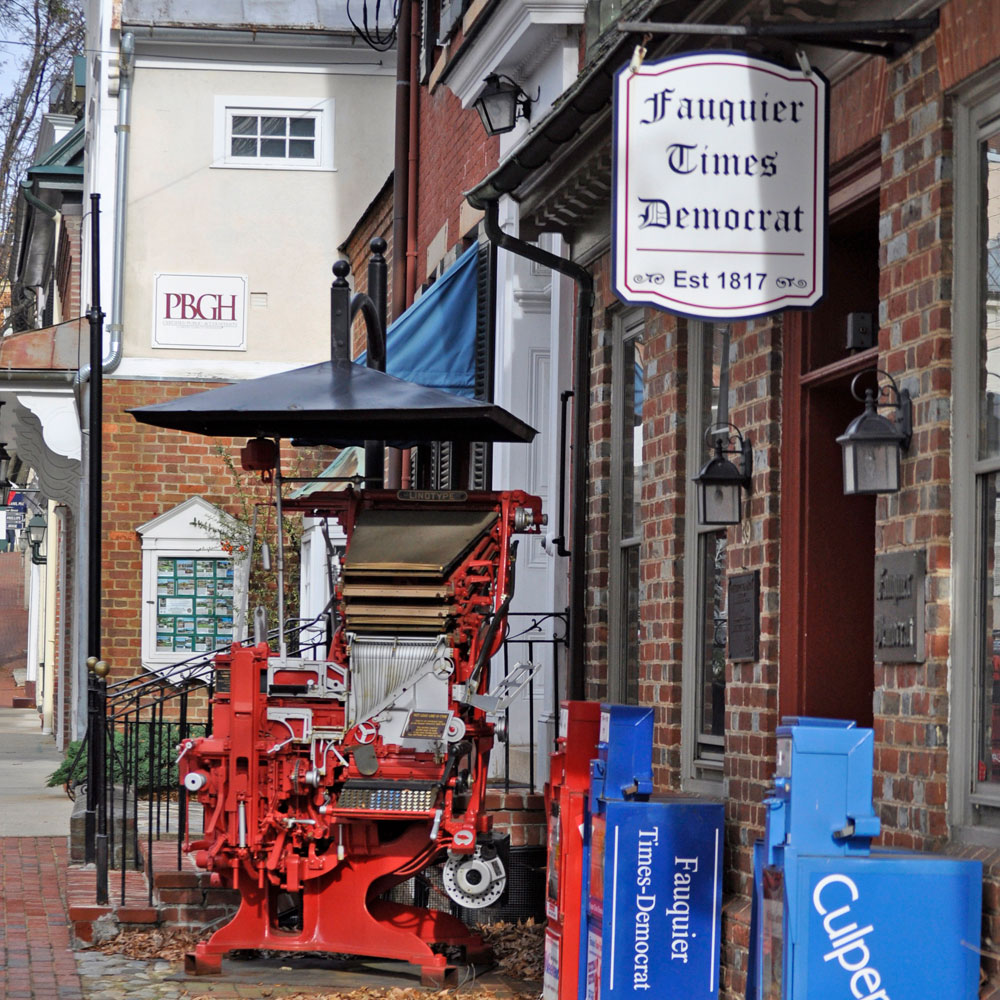
November 12, 2019; Fauquier Now
Yet another for-profit news site has decided to go nonprofit. This time, it’s in Virginia, where Piedmont Media, the owner of the Fauquier Times, will sell the small local media group to the Piedmont Journalism Foundation for a nominal $1,000.
The sale, which has been under discussion for months, will include not only the Fauquier Times, but also the Prince William Times, a few specialty magazines, and their related websites. This comes after a period of three years, during which $2 million was invested into the entity.
NPQ remains somewhat mystified—not by news agencies transitioning from for-profit to nonprofit, but by the belief held by some of those entities that their nonprofit status will make them more financially sustainable, that it will improve their business models. That notion seems to be present in this situation, as it was in the case of the Salt Lake Tribune. We did not quite get it there, and we get it even less here, where capital appears to be at a premium. One presumes the new status will prevent the operation to be starved into irrelevance by greedy investors, and that always helps, though such starvation does not appear to be the case here.
If, as we are gathering, however, media groups intend to bolster their budgets through soliciting philanthropic money, we hope they are going into it understanding that starting a donor program is neither easy nor fast—especially where there is no history of that revenue stream.
Landon Butler, who headed Piedmont Media’s board, says the managers and a majority of shareholders agreed the transfer would be in both the company’s and the community’s best interest. Butler does appear to believe the ability to receive public donations will make a difference.
Stockholders only learned about the proposed transfer last week, and each of them will be asked to sign consent documents attached to a memo that details the challenging business environment for media groups.
Sign up for our free newsletters
Subscribe to NPQ's newsletters to have our top stories delivered directly to your inbox.
By signing up, you agree to our privacy policy and terms of use, and to receive messages from NPQ and our partners.
One investor, Les Cheek, says the memo mostly “consisted of what we all know, which is the headwinds for print journalism are very strong in a negative direction.”
“Basically,” Cheek says, “the investors and managers had basically exhausted their capacity to raise any more funds for the paper in its current business model.”
Newspaper advertising by itself has, declined over the past 20 years from $50 billion to $14 billion today.
“The one thing that stands out” about the memo, Cheek said, “was the absence of financials. But I think the narrative itself makes it clear that the paper is not just between a rock and a hard place, but essentially on verge of going under.”
The memo described the paper as “in a precarious financial condition, almost literally operating week to week based on the management of receivables.” Still, Cheek says recouping their financial investments may be low on stakeholders’ list of priorities:
If you were to ask 75 percent or 80 percent of those who originally backed (the purchase) why they did it, they would all tell you that it was absolutely vital to have a local newspaper for the sake of keeping tabs on what government was doing and to keep people in the community informed of what was going on.
Thus, this paper was likely already as close to a nonprofit as one might get—collectively stewarded with money that was essentially, though not legally, donated. This is clearly another model to keep an eye on as they begin to forge a new path.—Ruth McCambridge










